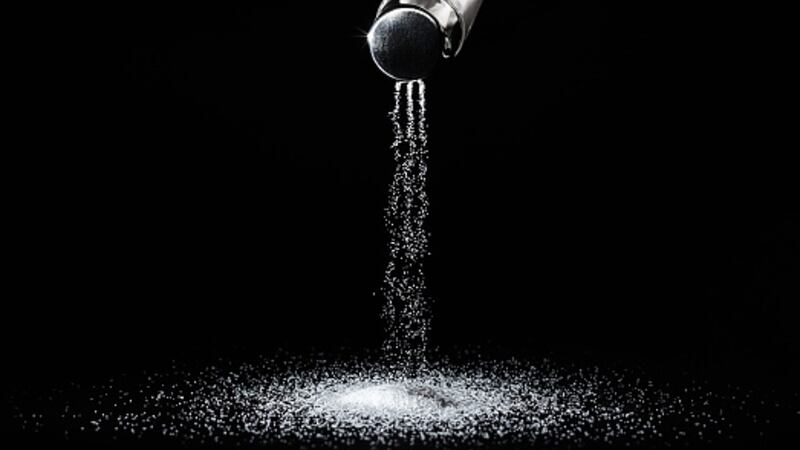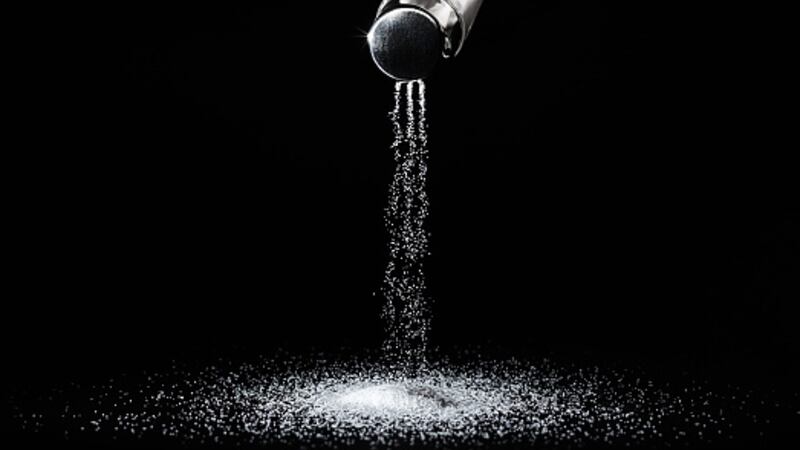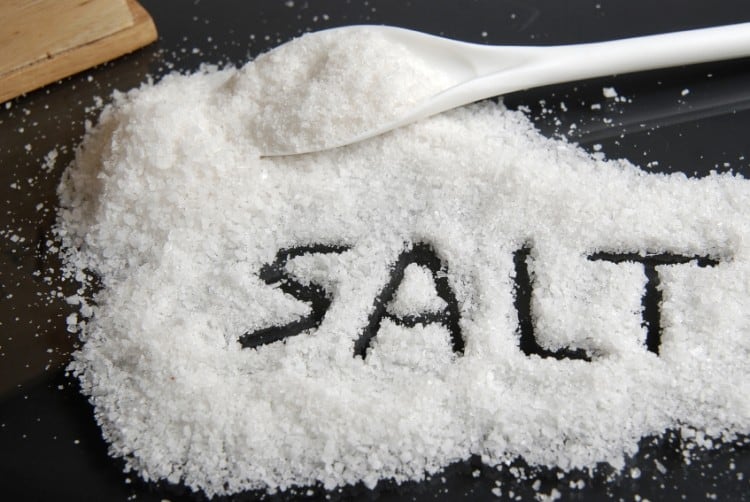The Philippines has been subject to steep price hikes for a number of core food commodities as a result of global inflation, impacting multiple items considered to be staples or vital to local cuisine such as eggs and onions.
The latest commodity to experience a rise in prices is salt, at an average of US$0.47 as of December 2022 compared to around US$0.187 per kilogramme back in 2019, but existing rules and regulations limiting the sector have been criticised as the main culprit behind the rising prices.
This was highlighted by the national Senate Committee on Agriculture in a recent parliamentary hearing, urging local lawmakers to amend restrictive policies so as to improve local salt productivity.
“The existing law governing salt was established back in 1995 and mandated that all salt producers iodise their salt before it goes into the market – but although this was meant to develop the local salt industry and help it to advance, it has now instead become a deterrent to its progress,” committee chair Senator Cynthia Villar told the floor.
“This law made all the salt produced in the Philippines food grade [but also increased costs] and as of 2021 our data indicates that only 7% of our local salt requirements are being produced locally.
“An astounding 93% - some 550,000 metric tons - of our salt is being imported from overseas, and it should also be noted that not all salt actually needs to be iodised as there is also lower grade demand for salt to be used as fertiliser.”
The law in question is the Act for Salt Iodization Nationwide (ASIN), and the motion to amend this law has been dubbed the Act Promoting and Revitalizing the Salt Industry of the Philippines, filed with the aim to increase productivity and income of the local salt producers as well as preserve traditionally and culturally unique techniques used for production.
When ASIN was established back in 1995, the mandatory iodisation targeted public health concerns including forestalling risks of micronutrient deficiency and ensuring effective iodine provision for the entire population.
The process of salt iodisation can however be costly, and a lack of the financial capability to invest in the relevant has effectively acted as a deterrent for salt farmers with lower income or lower education to continue participation or to progress in the sector.
Sweeter treatment for sugar
On the flipside, sugar appears to be trending towards the opposite direction of salt in terms of market pricing, despite having been a major source of controversy over the past few years.
In particular, three major local supermarket chains Robinsons, SM and Puregold moved to voluntarily cut their retail pricing of sugar to PHP70 (US$1.28) per kilogramme as compared to the suggested retail price of PHP90 to PHP110 (US$1.65 to US$2.01).
“The government does not provide benefits or assistance to these three retail chains [for their voluntary decrease in pricing], it is part of [their] corporate social responsibility (CSR) programmes,” Department of Trade and Industry (DTI) Undersecretary Ruth Castelo said in a formal statement.
“[Other retailers can also] signify their intentions [to be] included in such programmes [and we] can help to promote them as an incentive so the public is aware of and can buy sugar from them.”





